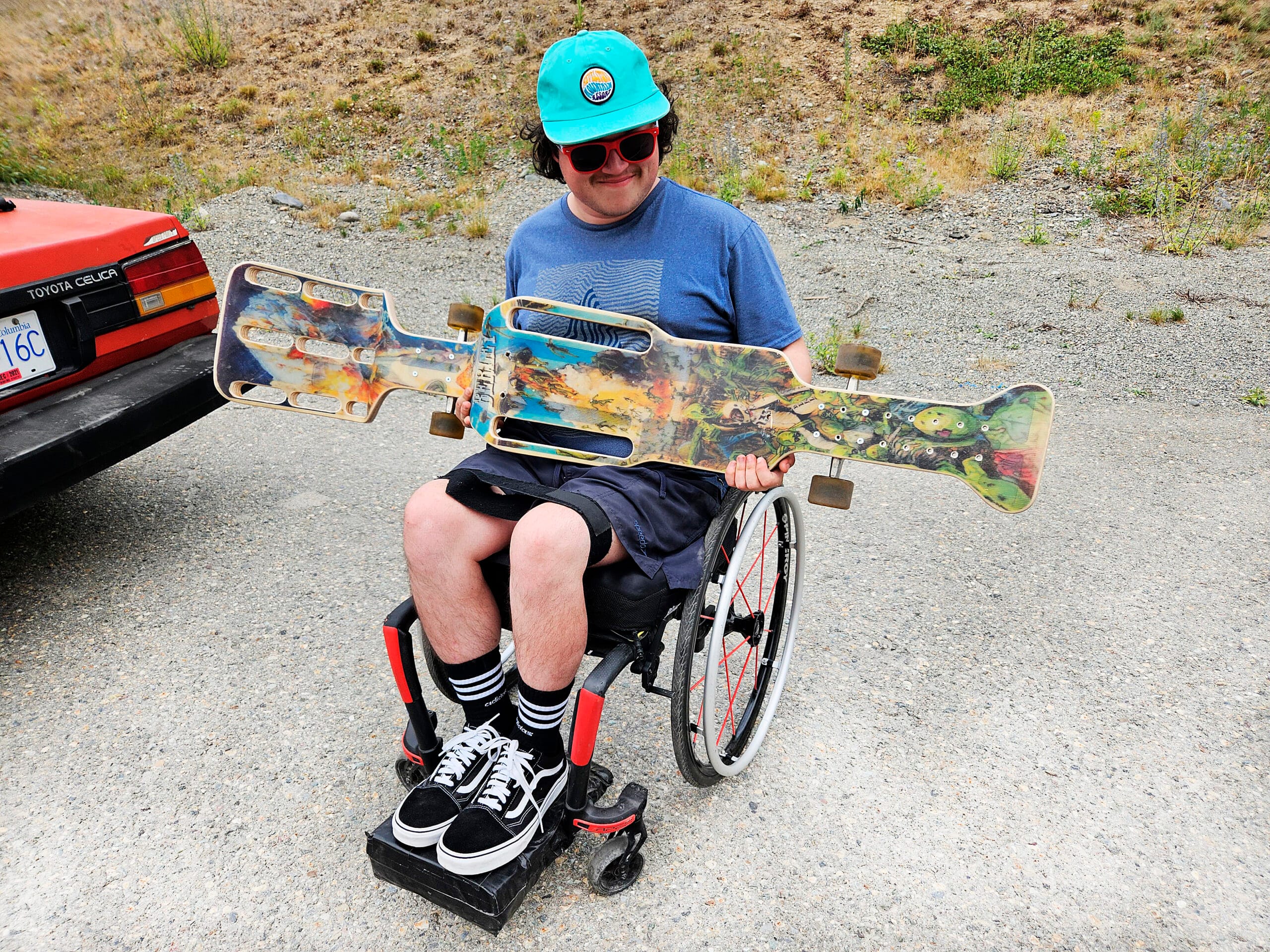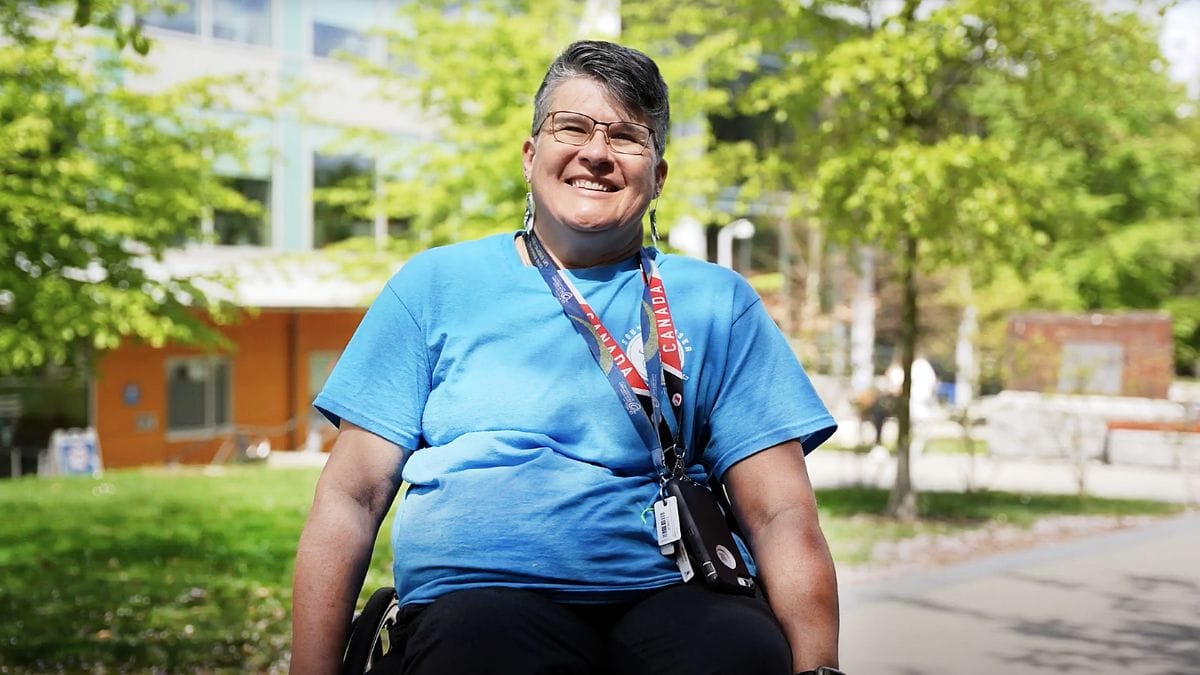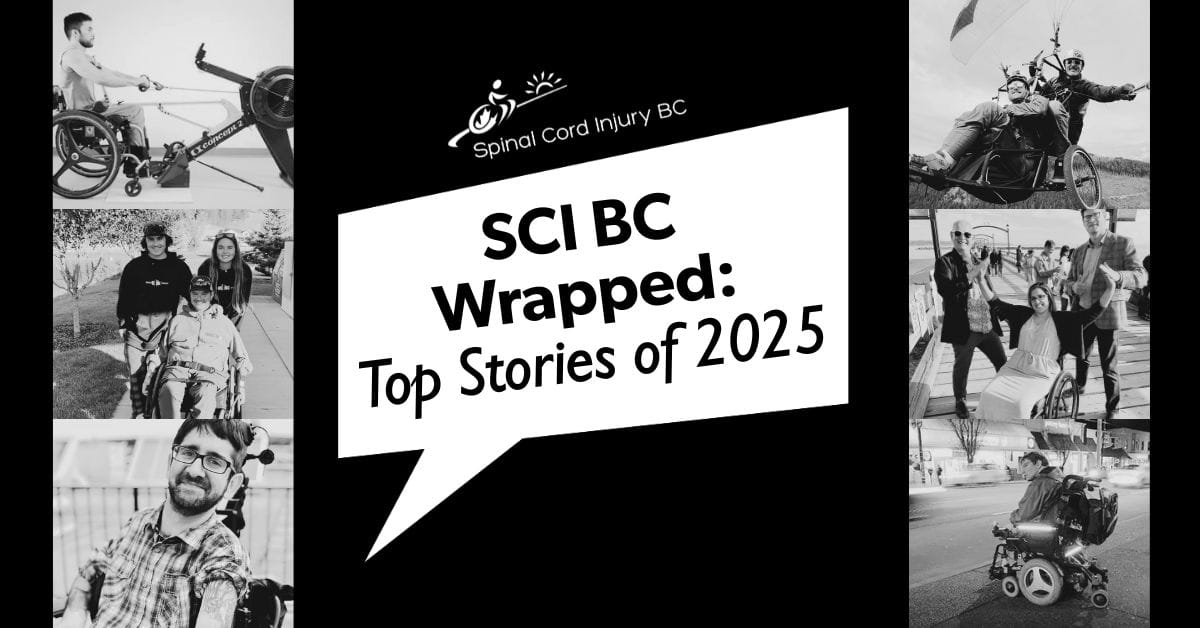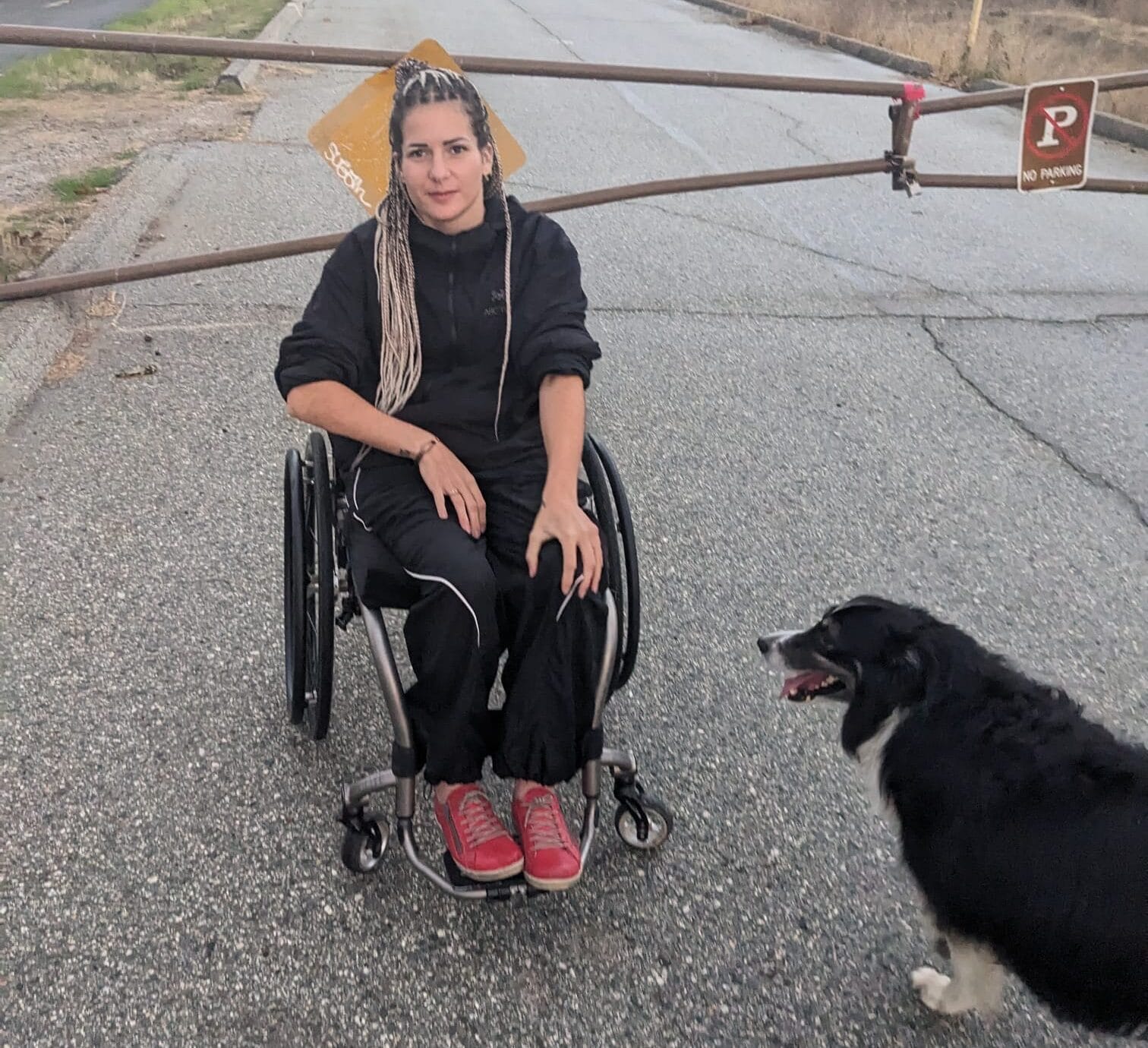If you’re contemplating exploring our province this summer, you’ll find more and more accessible attractions and destinations—and our Access BC program is one reason why.
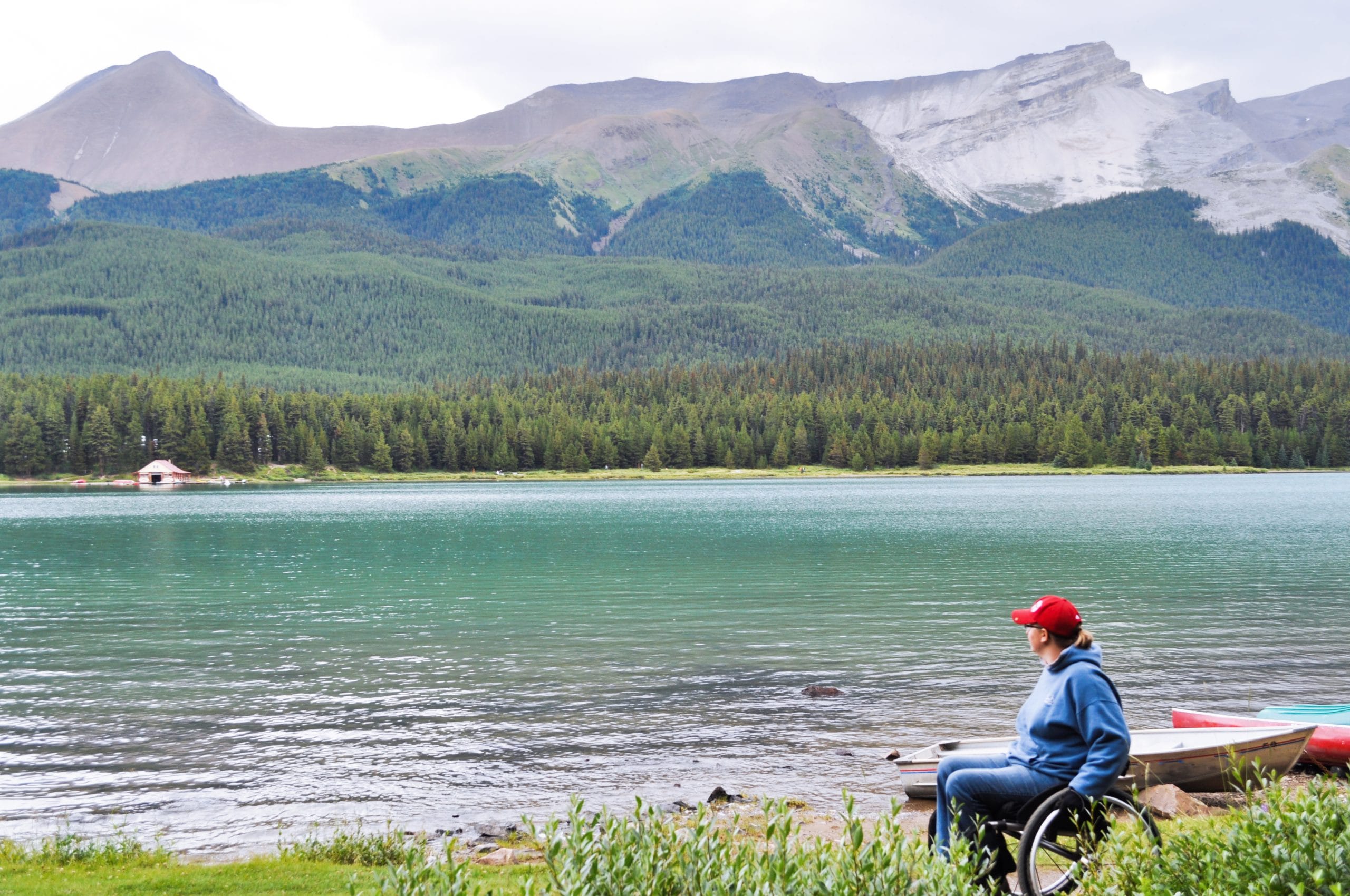
When Nancy Harris was appointed Regional Development Liaison for our Access BC program in 2016, she wrote a wish list of things she believed she needed to accomplish in order to achieve the program’s goal of building or expanding accessible recreation experiences in BC. Building relationships, providing universal design training, conducting site assessments—just to name a few—were all included. But she quickly found there was no template or boilerplate to serve as a foundation to start her work.
“There was a gap of information when we first started,” Harris says, adding that, at the time, there were no standards or best practices for assessing and recording accessible information of outdoor and recreation areas in the province. “Access means something different to everyone, so we had to create a tool that took that into account,” she says.
This accessibility assessment tool—a detailed checklist of over 200 minimum standards for everything from the height of grab bars in pit toilets to the slope of trails—was completed and was immediately put to use to assess outdoor tourism and recreation sites across BC. Since its first use in 2016, Harris and the rest of the Access BC team have relied on it to assess the accessibility of more than 500 sites and areas. The tool, as well as the team that uses it, has continued to evolve.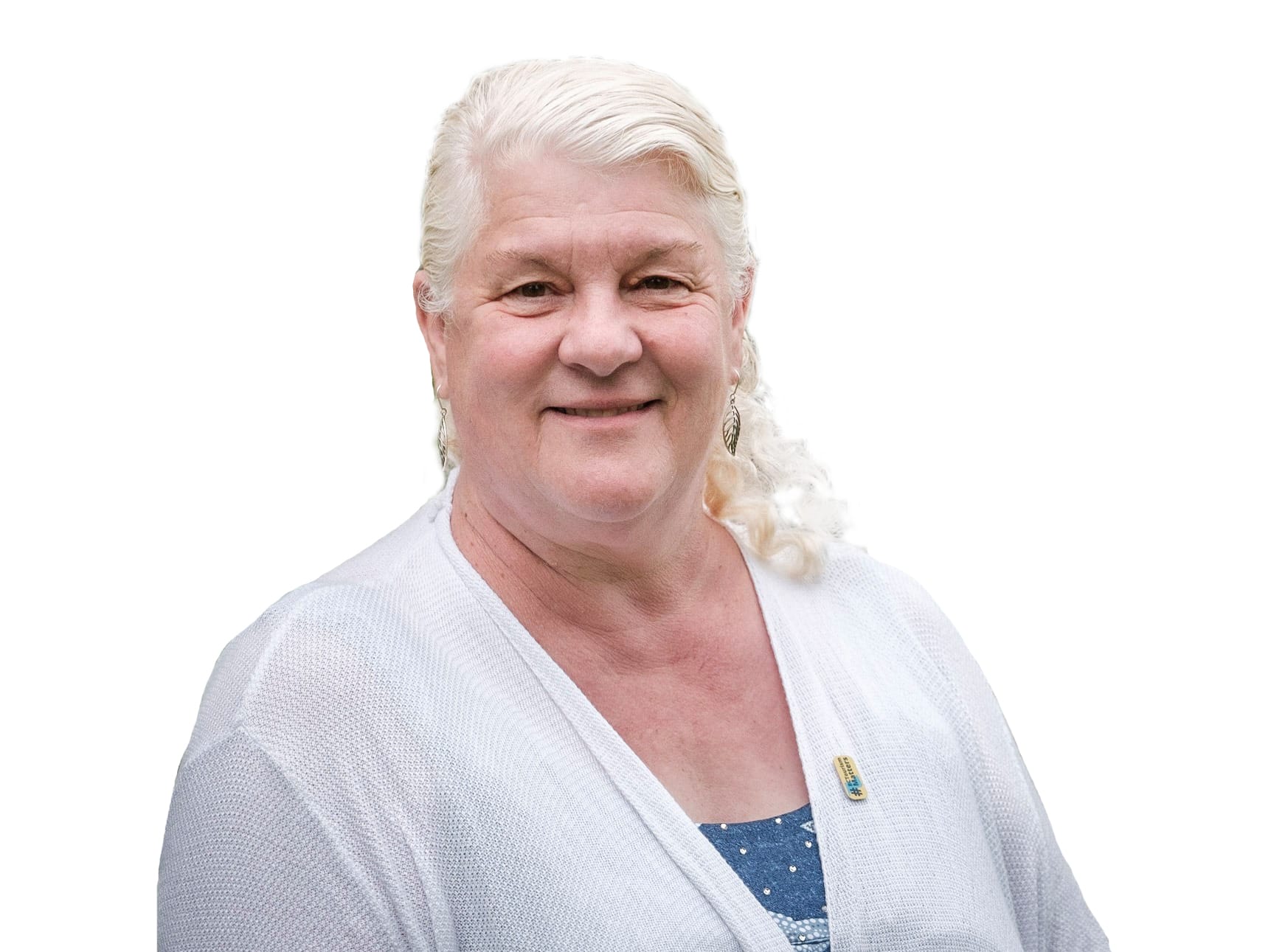
The Access BC Team
“Sometimes there were just a few of us in the beginning,” Harris says. “But now it’s a real team effort. It’s a whole group of people and everyone is involved.”
Assessing accessibility is just part of the team’s work. Development of partnerships with five regional tourism associations throughout BC has been vital to the program’s success. Five team members (four of whom have an SCI) work with these associations. Lori Slater liaises with the Northern BC Tourism Association, Sonja Gaudet with the Thompson Okanagan Tourism Association, Agasha Mutesasira with the Kootenay Rocky Tourism Association, Alison Duddy with the Cariboo Chilcotin Coast Tourism Association, and Harris with Tourism Prince George.
As an aside, we’re grateful to our BC SCI Network partner, Neil Squire Society and its Working Together Program, for funding two of our team members, Slater and Duddy.
Every role on the Access BC team is a little different, but the overall goal is the same: collaborate with tourism partners to create and expand accessible and inclusive opportunities. “Tourism isn’t just doing this for people with disabilities,” Slater says. “It’s an economic driver. When people with disabilities visit these places, they don’t come alone. They bring family and friends. It’s going to make it easier for everyone.”
Mutesasira, who is currently studying Hospitality Management at Vancouver Island University, is also a big believer in the partnership approach. “Hospitality is a really broad industry, but it’s all about building relationships,” she says. “People with disabilities aren’t always heard that well, so to be a part of this work and to be visible in these spaces or to share knowledge is really important.”
Similarly, Gaudet, a former SCI BC Peer Program Coordinator and Paralympic champion who has been with Access BC since 2018, agrees. “Meeting our stakeholders and creating relationships with them while breaking down stigmas that exist around accessibility and inclusion is the most gratifying part of this work,” she says, adding that making personal connections helps puts an end to misperceptions.
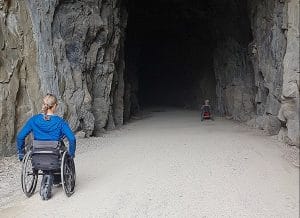
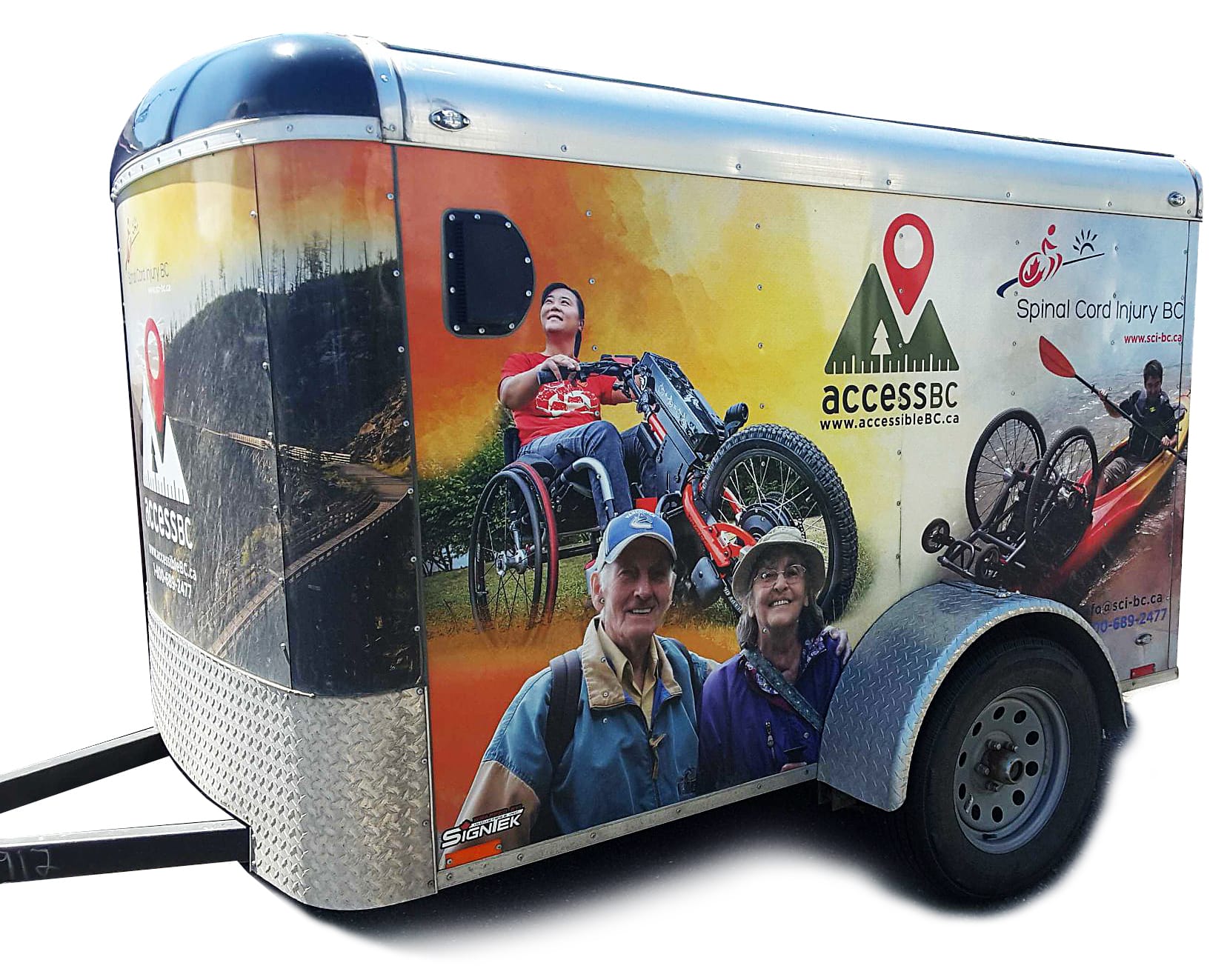
The Future of Access BC
One of the most important connections realized through Access BC’s work has been with the University of Northern BC’s Dr. Mark Groulx. As an Associate Professor for the School of Planning and Sustainability, Groulx believes deeply that outdoor spaces should be accessible.
“One of the lessons we’ve learned during the COVID-19 pandemic is how important it is to have accessible outdoor spaces available to everyone,” Groulx says. “Right now, persons with an impairment don’t share equal access to these spaces.”
Thanks to the Social Sciences and Humanities Research Council of Canada Partnership Development Grant worth $177,838 that was recently awarded to Dr. Groulx to support his research, this may change.
His research will involve working with Access BC to look at ways to synthesize Access BC’s accessibility assessment tool into a standalone smartphone application and database that houses accessibility data for outdoor spaces. Operators of outdoor spaces, community groups or volunteers could use the app and database to identify what they need to measure and interpret the results. The data collected will be open for partner organizations to use and share with the public. With the introduction of the federal Accessible Canada Act in 2019 and the new Accessible BC Act that was introduced to the legislature this spring, this work is more timely than ever.
“Seeing things come to fruition is so exciting,” Harris says. “It means our work will be sustainable and embedded in communities. Strong communities are strong tourism, and communities start with relationships.”
 This article originally appeared in the Summer 2021 issue of The Spin. Read more stories from this issue, including:
This article originally appeared in the Summer 2021 issue of The Spin. Read more stories from this issue, including:
- Neuromodulation
- Alternative Exercise Options
- PAD Your Ride with Power Assist Devices
And more!
